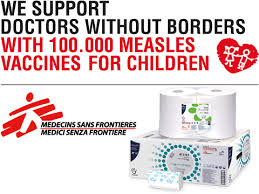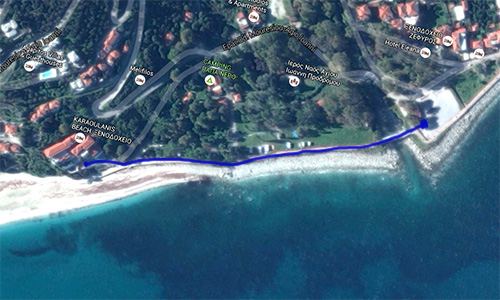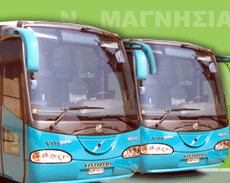
Papernet continues its commitment to sustainability, initiating an activity that aims to enhance its Corporate Social Responsibility. Papernet is supporting one of the many projects by Medecins Sans Frontières (MSF), and precisely one that involves Niger.Two-thirds of the land in this large country in central-northern Africa is desert; it has a very hot climate (average temperature easily exceeds 30°C), one of the lowest development indexes in the world and very high infant mortality rates. The contribution for the purchase of 100,000 vaccines against measles in the course of the next two years is an act of solidarity that translates into concrete life-saving actions. Measles is still very common in many developing countries, in particular in some parts of Africa and Asia and the great majority (over 95%) of deaths occur in countries with low per capita income and poor health infrastructures.
In 1980, before diffused vaccination, measles caused 2.6 million deaths each year. The WHO estimates that in the 2000-2013 period, vaccination prevented 15.6 million deaths. FOR OVER 40 YEARS MSF HAS BEEN SUPPLYING GLOBAL HEALTH ASSISTANCE Founded in 1971 in Paris by Bernard Kouchner, Doctors Without Borders is an NGO committed to bringing health assistance to populations affected by conflicts, epidemics, natural catastrophes or populations excluded from health assistance. Today, it is active in nineteen countries all over the industrialized world and is involved in assistance activities in over sixty nations. In contacts with supranational institutions and organisations, MSF is represented by the International Office in Geneva, and has operational centres in Brussels, Paris, Amsterdam, Barcelona and Geneva that coordinate interventions. Independent from governments and political parties, it acts without discrimination of gender, race, religion, creed or political affiliation. In 1999 MSF received the Nobel Peace Prize “in recognition of the organisation’s pioneering humanitarian work on several continents”. Since the end of the 1990s, it is also involved in developed areas, supplying assistance to people in difficulty (the homeless, migrants…). Access to essential medicines is one of its most important awareness-raising campaigns.

























 The first route is through Portaria, climbing the mountain you arrive in Chania, where is and the skiing center center. There, you will descend on the eastern side by the borough Mouresi. (55km.)
The first route is through Portaria, climbing the mountain you arrive in Chania, where is and the skiing center center. There, you will descend on the eastern side by the borough Mouresi. (55km.)